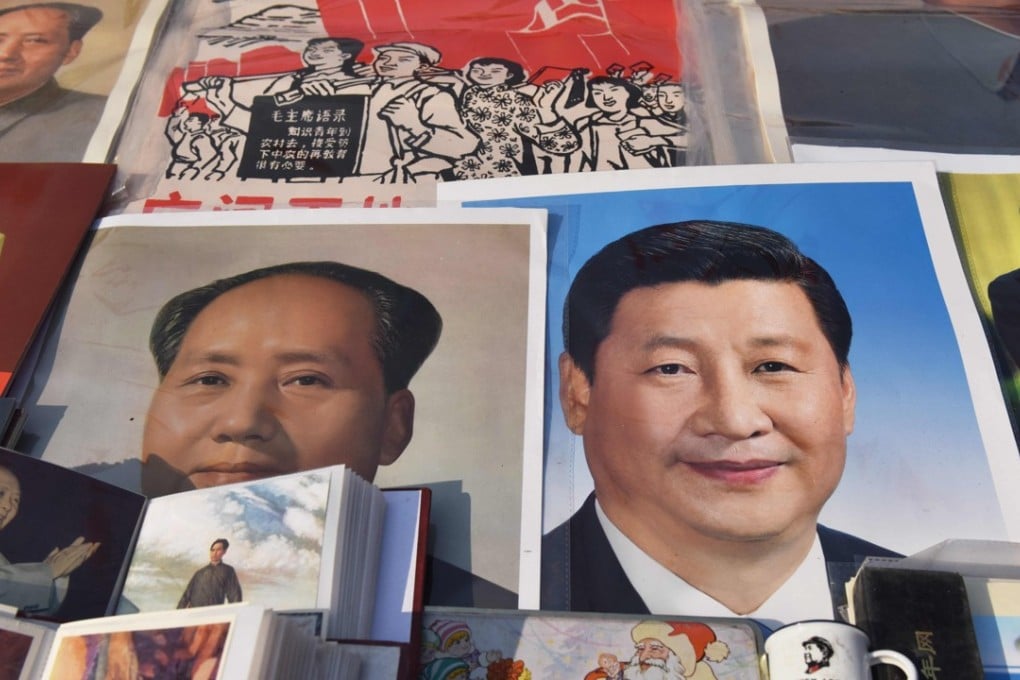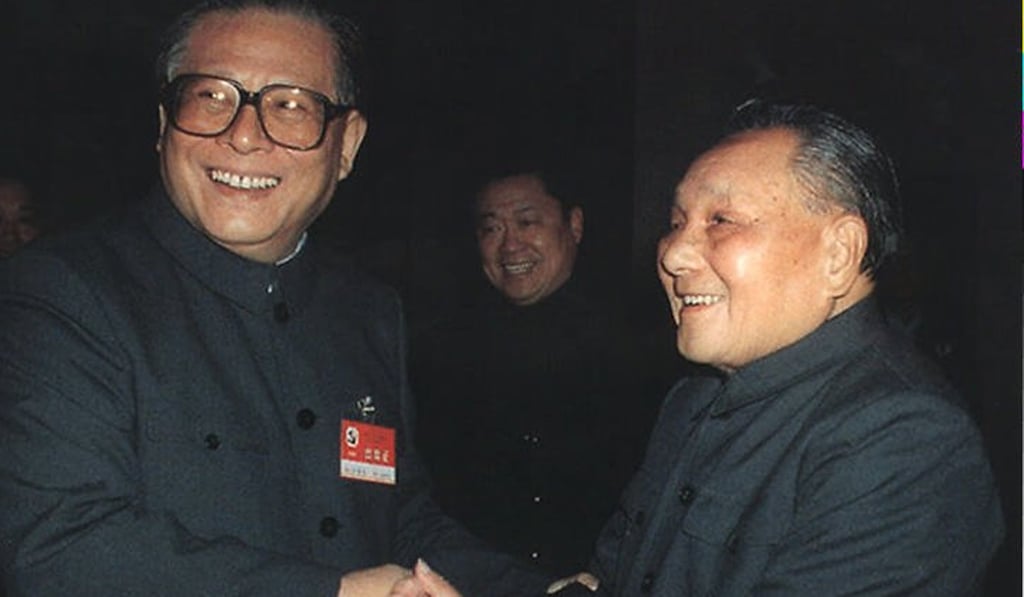Quick Take | Xi’s no Mao … or Deng … or Chiang – so who is he?
The scrapping of presidential term limits in China puts a question mark over what will come next. But ignore lazy rhetoric that likens Xi to an emperor – China’s chequered history of power transitions provides few answers

So, could the old imperial system be a better precedent for Chinese rulers who go on without limits? It’s become something of a rhetorical standby to refer to Xi, Mao or any other major leader in China as an “emperor”. Again, this isn’t an accurate comparison. The emperors did not, by and large, rule through the exercise of their own personalities. True, some of the most notable emperors, such as Wudi of the Han, Wanli of the Ming, and Kangxi of the Qing, had early forms of “propaganda” that glorified their own images. But they operated in a closed court culture in which not even nominal attention was given to the wider population as the final arbiter of political virtue. (Today, even authoritarian rulers call on “the people” to validate their plans.) The emperors would not have encouraged the sort of mass politics that marked the 21st century; they would probably have been terrified by it.

However, there are other comparisons from history that one could make in terms of the tactics that different personalities have used to try to suggest indispensability. One is with Deng Xiaoping, China’s paramount leader between the late 1970s and early 1990s. Deng’s key task was to reorient China in the aftermath of the Cultural Revolution, and in doing so, he used leadership tactics that sought as strong a contrast as possible between Mao’s personality-driven style and his own more low profile one. He pushed strongly for the system of limited tenure in office, and resigned almost all of his own positions over time. Rather than putting himself forward in public, he operated through a variety of surrogates.
For China, a fine line between ‘Great Leader Xi’ and ‘Xi, the great leader’

